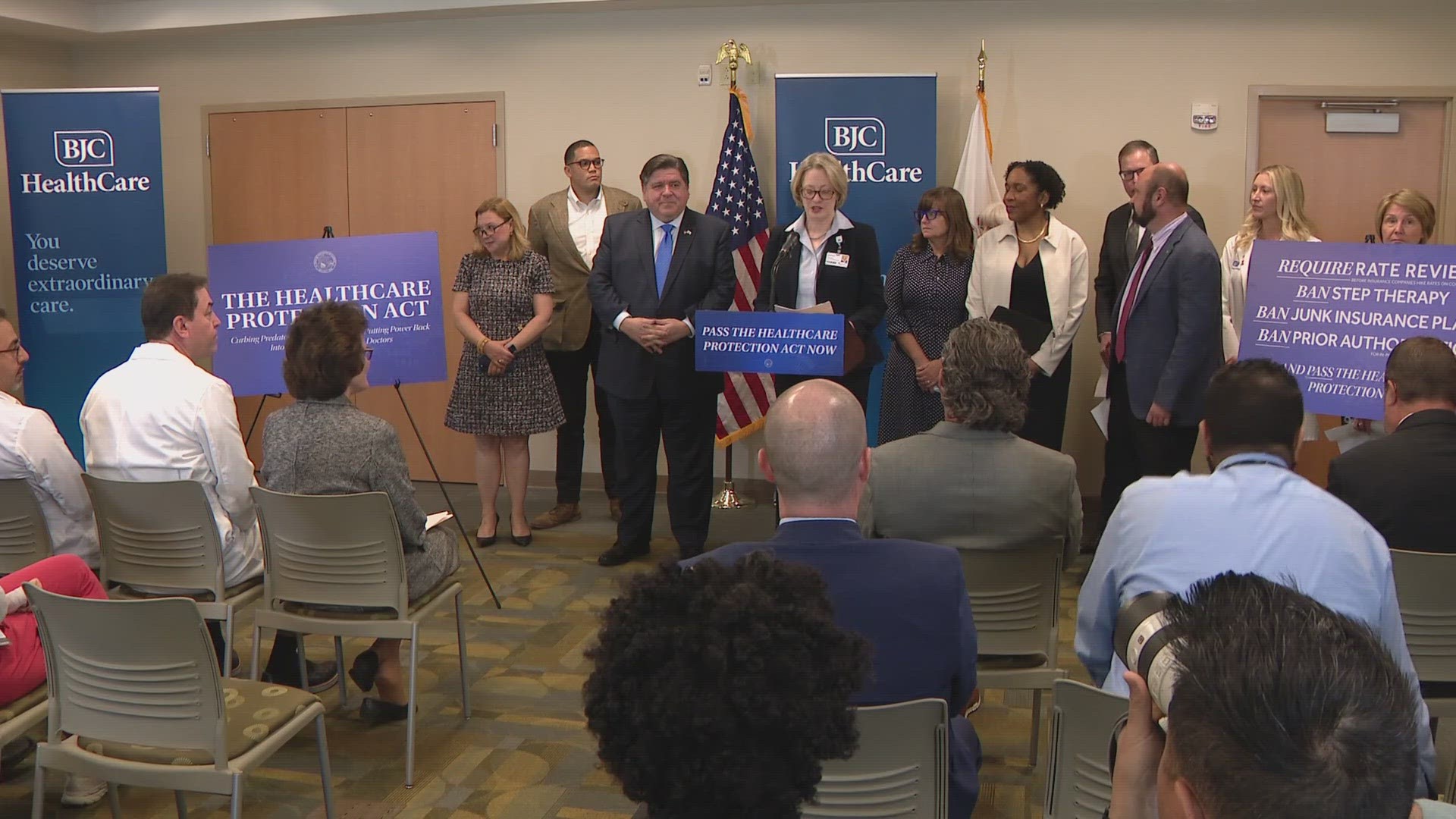WINSTON-SALEM, NC - A recent pilot study at Wake Forest Baptist Medical Center showed a new piece of technology significantly reduced post-traumatic stress in military personnel.
The study, published in the Dec. 22 online edition of the journal Military Medical Research, revealed a noninvasive brainwave mirroring technology helped with post-traumatic symptoms like insomnia, depressive mood and anxiety.
“Ongoing symptoms of post-traumatic stress, whether clinically diagnosed or not, are a pervasive problem in the military,” said the study's principal investigator, Charles H. Tegeler, M.D., professor of neurology at Wake Forest School of Medicine, a part of Wake Forest Baptist.
Approximately 31 percent of Vietnam veterans, 10 percent of Gulf War (Desert Storm) veterans and 11 percent of veterans of the war in Afghanistan experience PTSD according to the U.S. Department of Veterans Affairs.
The neurotechnology used in this study – High-resolution, relational, resonance-based, electroencephalic mirroring (HIRREM) – is a noninvasive, closed-loop, acoustic stimulation approach, in which computer software algorithms translate specific brain frequencies into audible tones in real time.
“We observed reductions in post-traumatic symptoms, including insomnia, depressive mood and anxiety that were durable through six months after the use of HIRREM, but additional research is needed to confirm these initial findings,” he said.
► Make it easy to keep up to date with more stories like this. Download the WFMY News 2 App now



